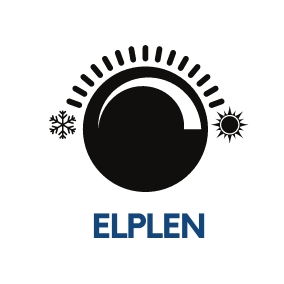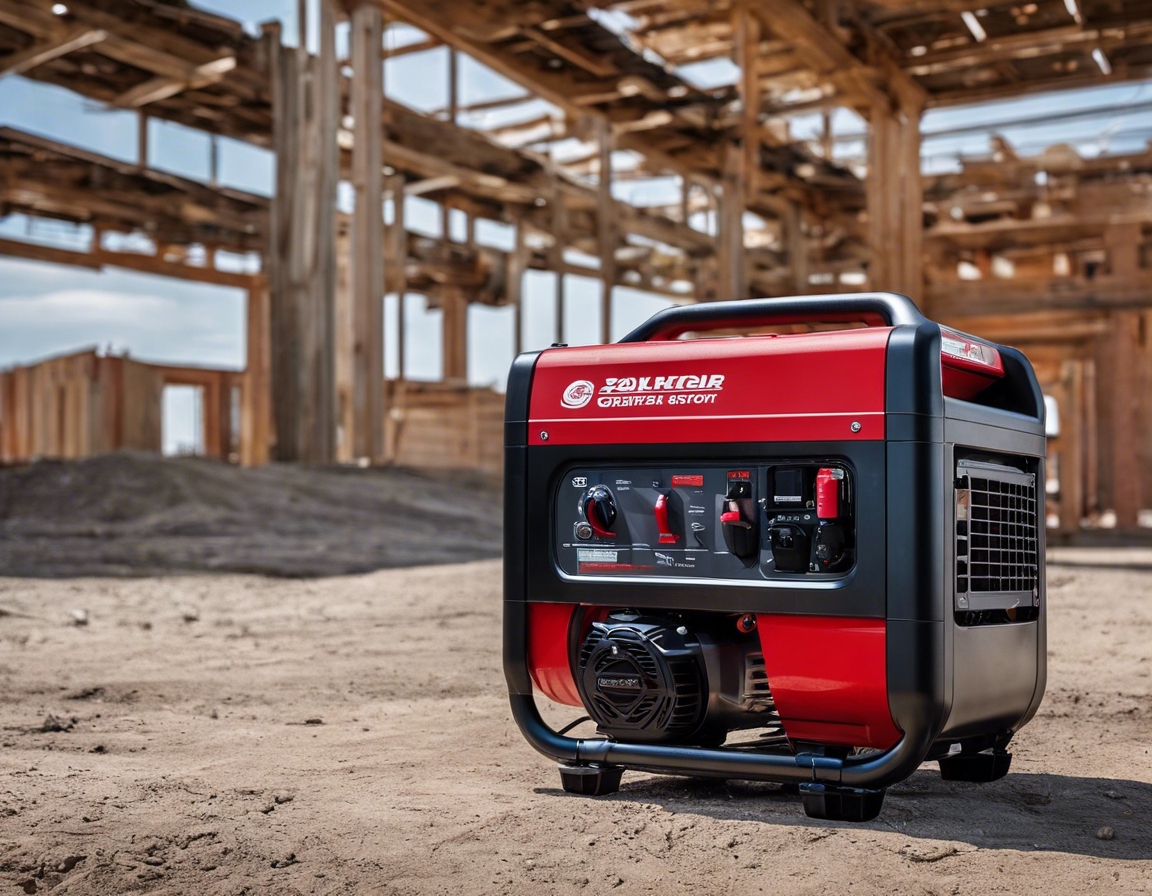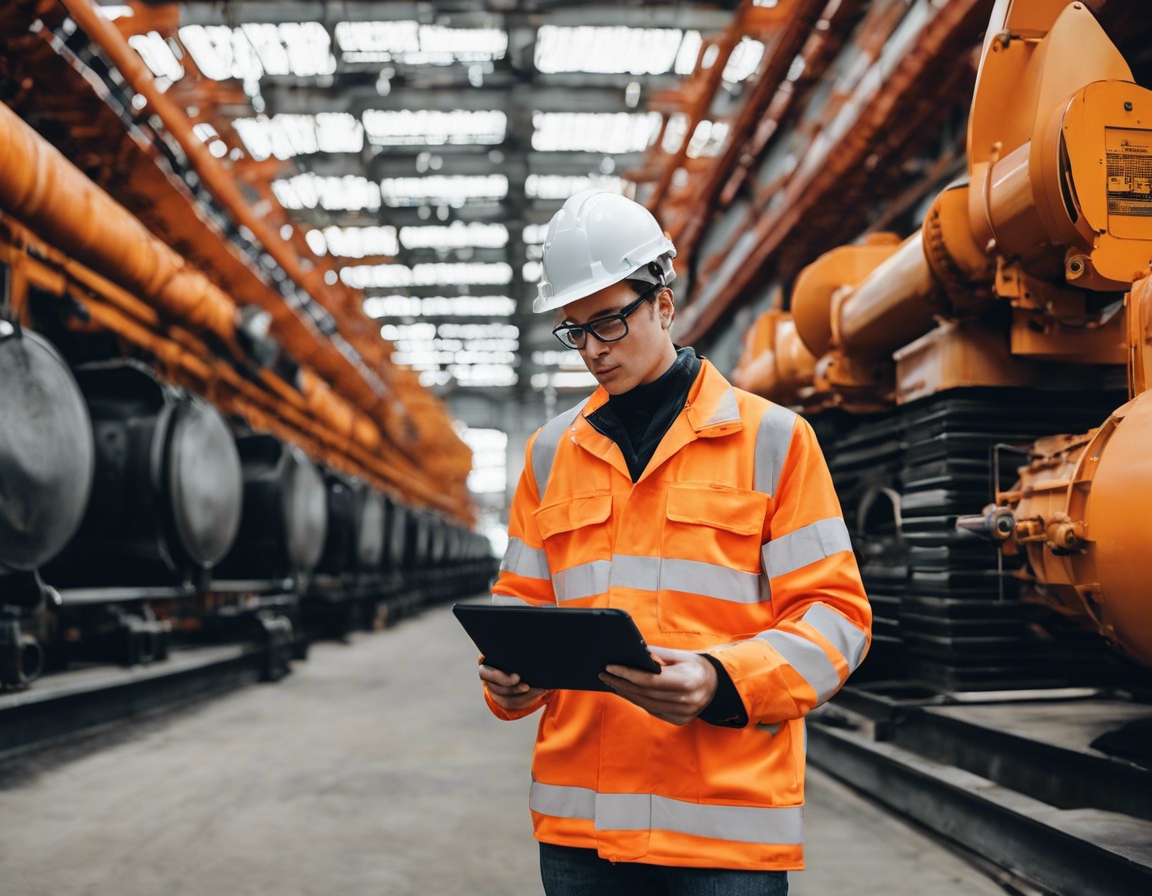Understanding geothermal heating: is it right for you?
Geothermal heating is a method of harnessing the Earth's natural heat for the purpose of indoor climate control. By tapping into the consistent temperatures found just below the Earth's surface, geothermal systems provide heating, cooling, and even hot water to buildings of all sizes.
At its core, geothermal heating involves the circulation of a fluid, typically water or a water-antifreeze mixture, through pipes buried in the ground. This system absorbs heat from the ground during the winter for heating and transfers indoor heat back into the ground during the summer for cooling.
Geothermal heating offers numerous advantages, including energy efficiency, low operating costs, longevity, and environmental friendliness. These systems can reduce energy consumption by up to 65% compared to traditional HVAC systems.
Assessing the Suitability of Geothermal Heating for Your Project
The effectiveness of a geothermal heating system is largely dependent on the local geology. Factors such as soil composition, rock type, and the presence of water can all influence the system's performance.
While geothermal systems are versatile, certain climates can enhance their efficiency. Regions with extreme temperature fluctuations can benefit the most from the system's ability to provide both heating and cooling.
The amount of land available for the installation of the geothermal loops is crucial. Horizontal systems require more land area, while vertical systems are suitable for smaller plots.
Types of Geothermal Heating Systems
Closed loop geothermal systems circulate a contained fluid through loops of pipes buried underground. These systems can be installed horizontally, vertically, or in a pond/lake if available.
Open loop systems utilize groundwater from a well as a direct energy source, circulating it through the system before returning it to the ground.
Hybrid geothermal systems combine geothermal energy with other heating and cooling sources to optimize efficiency and performance.
Cost Analysis of Geothermal Heating
The upfront cost of geothermal heating systems can be higher than traditional systems, but various incentives and rebates can help offset these initial expenses.
Geothermal systems have significantly lower operating costs due to their high efficiency and the use of free, renewable energy from the ground.
Despite the higher initial investment, the long-term savings on energy bills and minimal maintenance can result in an attractive return on investment over the lifespan of the system.
Installation and Maintenance
Professional installation of geothermal systems is critical and involves site assessment, design, and excavation. Choosing a reputable company with experience in geothermal installations is essential.
Geothermal heating systems require minimal maintenance, typically involving periodic checks and filter changes to ensure optimal performance.
Environmental Impact and Sustainability
By using the Earth's natural heat, geothermal systems significantly reduce greenhouse gas emissions compared to fossil fuel-based heating systems.
Geothermal energy is a sustainable and renewable resource that can help meet heating and cooling needs without depleting the environment.






Comments (0)